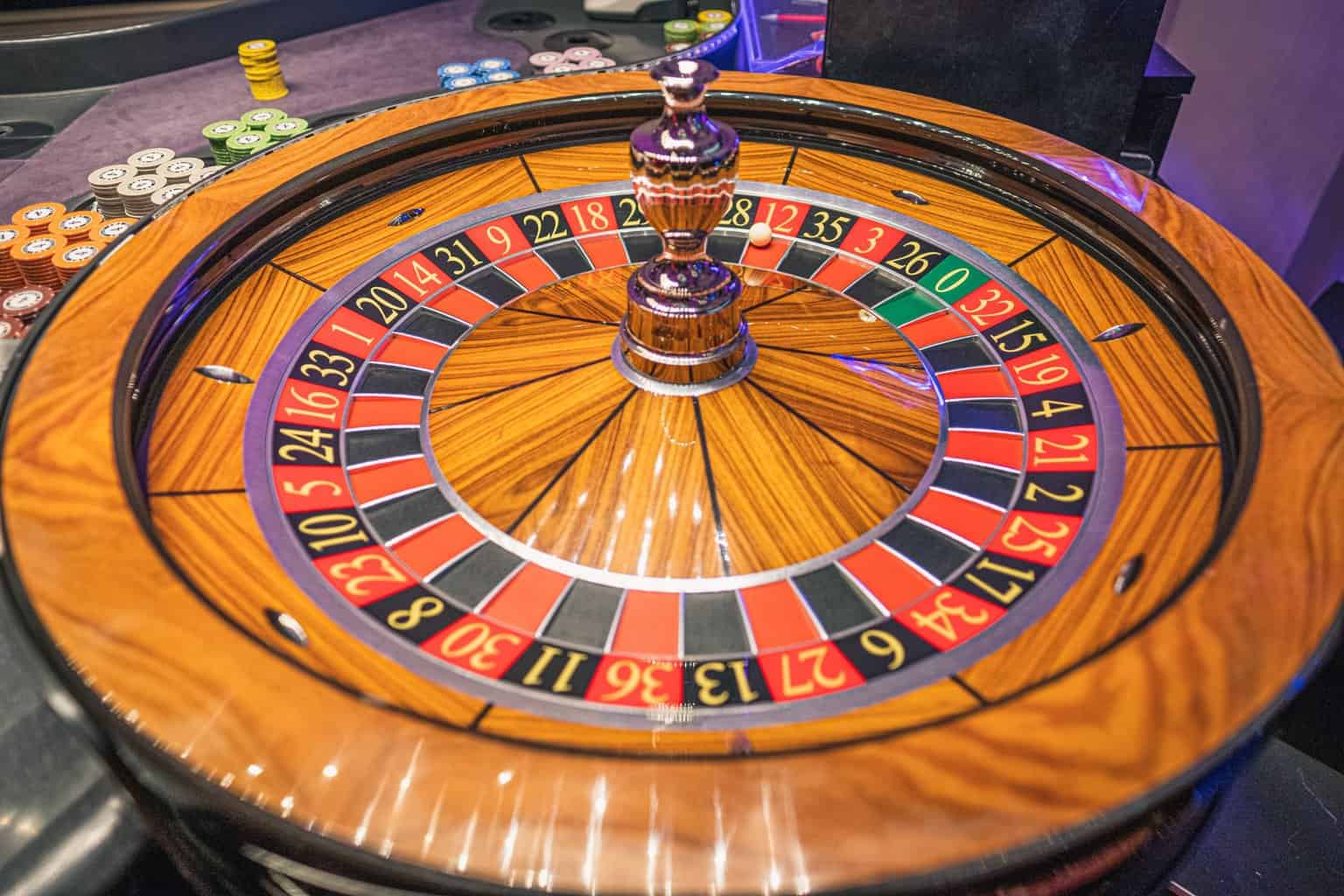Twitch gambling controversy reaches boiling point as Drake wins $12 million on roulette

There has been a loud crowd of voices raising concern over gambling’s relationship with marketing, specifically on Twitch. There are a lot of branches all over the place in arguments of skill versus chance, audience demographics, influencer versus celebrity, and international gambling laws. But it all came to a head this month when rapper and Stake partner, Drake, won almost $12 million on an online roulette wheel. The clip went viral, prompting a lot of opinions on many aspects of modern gambling. So, what are these arguments?
Celebrities and influencers
As an affiliate marketing company, we’re not about to underestimate the power of celebrity endorsement or the power of influencers. Influencers are so-called for a reason, which is why they make for great affiliate options. Is Stake simply using a tactic every other brand has tried before?
Promoting gambling to younger viewers
What ties in here is that Drake, most influencers, and definitely the Twitch platform, tends to attract a younger audience, and this gets to the core of the controversy online. There are a lot of Tweets mentioning “young audiences” getting influenced by icons they love playing online gambling.
Skill versus chance
Drake is far from the first influential person to take on gambling as an entertainment venue for his audience, in fact, the poker scene is particularly rife with fans of the game looking to understand the skills and cheer on the good work of their favorite players, much like any other sports team.
However, that brings up the issue of skill versus chance. Drake is playing online roulette, where the chances are set and there isn’t much skill involved. As are a lot of influencers playing the slots for Twitch streams.
Ultimately, is this ethical gambling?
What do you think? Is there a problem using typical social media tactics like affiliate marketing to market iGaming or should there be regulation from Twitch?






